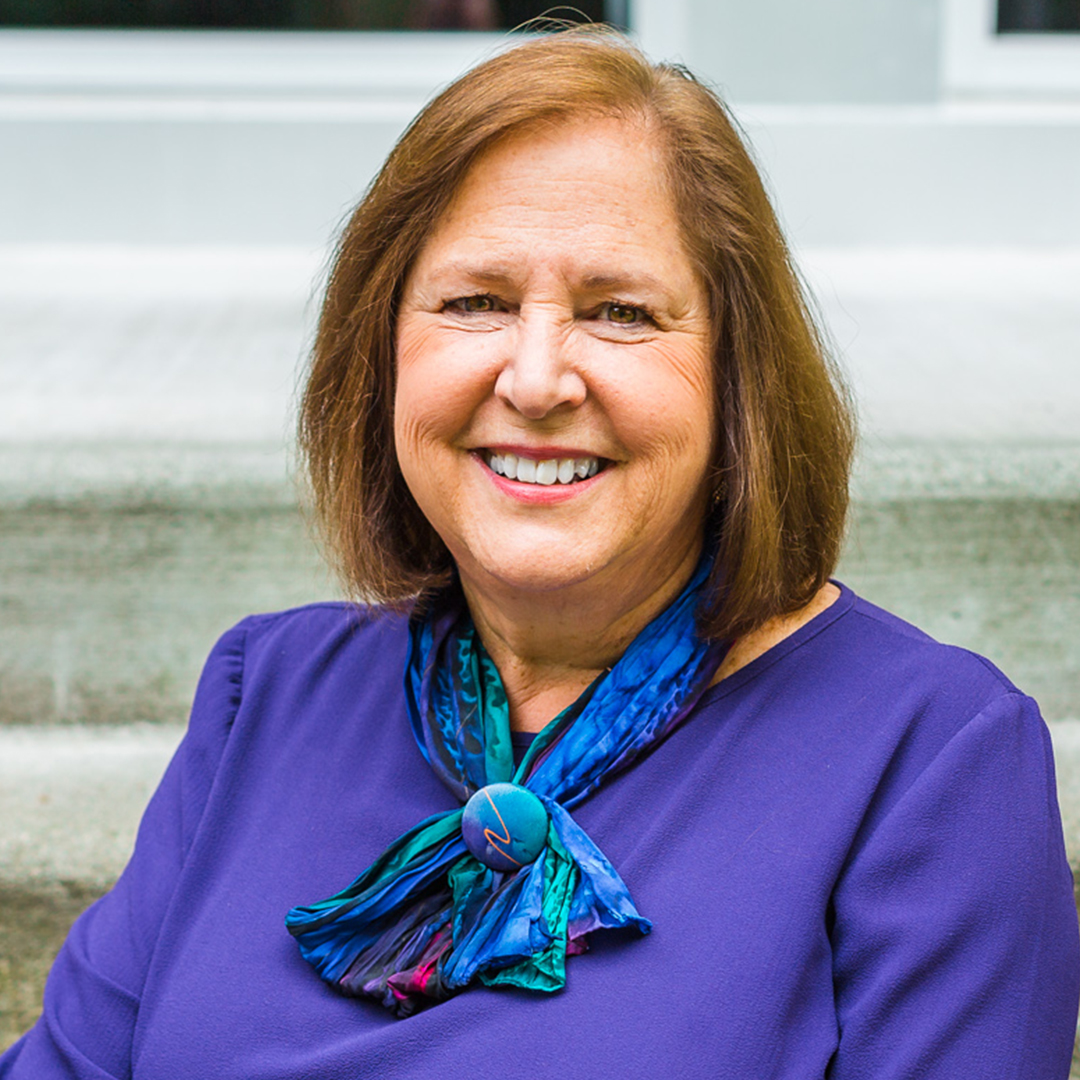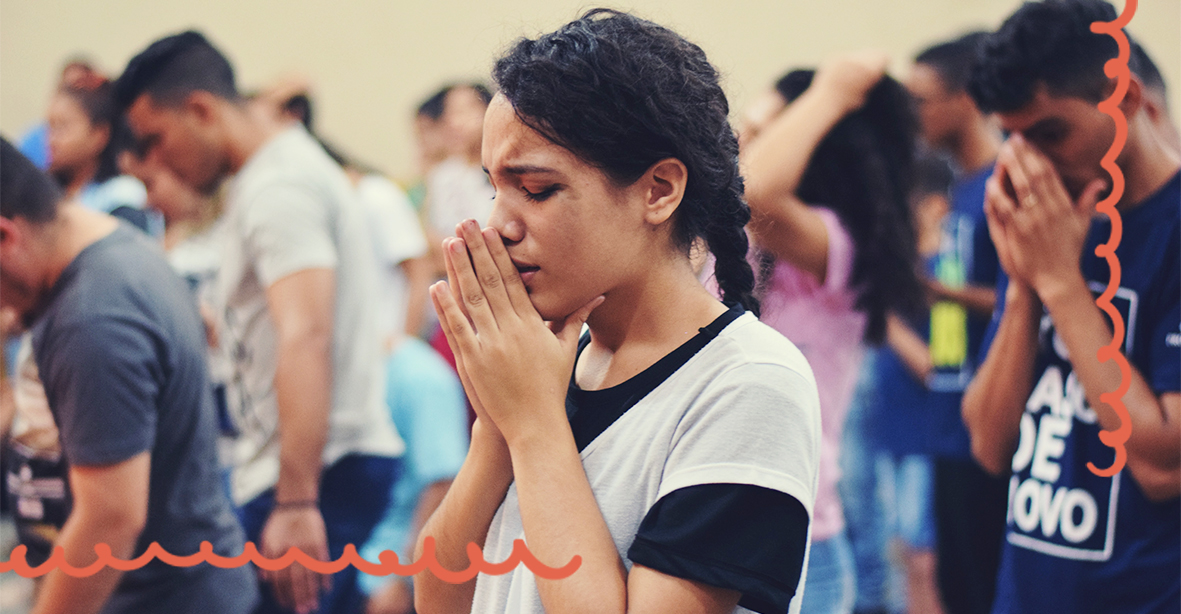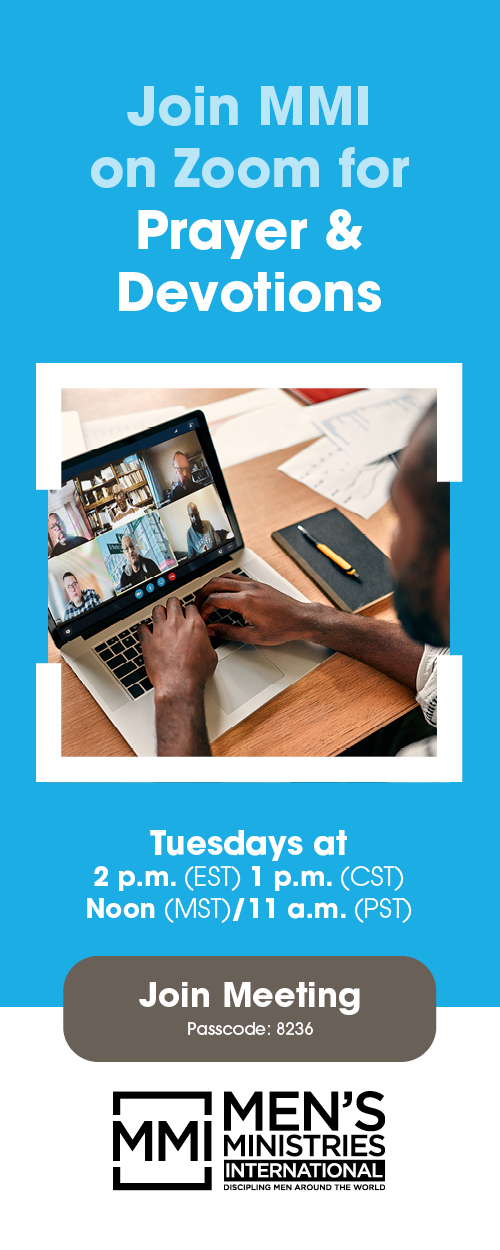
Bishop Linda J. Adams
Bishop Linda J. Adams, D.Min., was elected to the Board of Bishops at General Conference 2019 after serving 11 years as the director of ICCM. She previously served as a pastor in New York, Illinois and Michigan. As a bishop, she oversees Free Methodist ministries in the North and North Central portions of the United States and also in Latin America.
by Bishop Linda J. Adams
Fifty years ago!
It boggles my mind to know that the Asbury Revival of 1970, which transformed dozens of Christian college campuses and spilled over to my church when I was 14, happened half a century ago. Asbury University just celebrated the Jubilee year of the unusual outpouring of God’s Spirit on its Wilmore, Kentucky, campus in February of 1970.
I know that attempting to describe an indescribable experience can be off-putting. I will try not to snub you by communicating in essence, “You had to be there!”
But I must witness to the fact that in my own lifetime, the manifest presence of God entered the Spring Arbor Free Methodist Church (carried like live coals from the Asbury fire) in a way that was literally unforgettable. I was part of a large youth group that, before the revival, endured the worship service by sitting in the balcony together, chewing gum, flirting with each other and passing notes. And then God came.
What seemed to usher the presence of God into the space was simple enough. It started with students from Asbury telling about how God had come into their midst. Very soon, people came under the conviction of the Holy Spirt and began confessing sin, repenting of hypocrisy and empty religion, apologizing to one another for wrongs they had committed, forgiving each other and falling into one another’s arms, reconciled. Prayers were electric, passionate, vulnerable, real. The spirit of worship flowed through the congregation, with spontaneous singing, hands raised heavenward, tears streaming down many faces as people encountered the undeniable presence of God. Repentance led to conversions, restorations, and crying out for more of God. People who had known God on a surface level all their lives finally knew Him in the intimacy of overwhelming love. I was privileged to be immersed in this reality. Almost our whole youth group migrated from the balcony to the front rows of the sanctuary. We didn’t want to miss a thing!
In that atmosphere, it was easy to make promises to God. Who knows how many covenants were entered into during the years of daily corporate worship that followed? I know that many of the other teens and I offered ourselves to God for whatever God wanted to do with our lives. We invited the Holy Spirit to “melt me, mold me, fill me, use me,” to quote one of the popular songs of the day. I have no doubt that God’s Spirit did fill me during those days, and my experience was common.
Some of the evidences were that we grew to love and worship Jesus with new passion; we prayed together every morning for boldness in witnessing to our classmates; spiritual gifts were activated, as young and old were empowered to preach and teach the Bible, exhort one another to live as faithful disciples, and intercede for the sick, many of whom were healed. Teens led worship in the power of the Spirit; we saw prodigal sons and daughters come back home to the Father’s house. We yearned to grow in grace, we devoured the Bible, we agonized in prayer for the mission of God around the world. We were not the same youth group!
How do I explain that unusual time in my life? What should we understand, theologically, about the role of the Spirit in the life of individual believers and the church?
I’m grateful that the Free Methodist Book of Discipline teaches extensively on the person and work of the Holy Spirit. It gives wise guidance and offers language to ground our understanding in the Scriptures as well as our Wesleyan theology and Free Methodist history. A brief search in the Book of Discipline will direct you to rich resources. Here is a sampling:
The Holy Spirit – His Person
¶105 The Holy Spirit is the third person of the Trinity. Proceeding from the Father and the Son, He is one with them, the eternal Godhead, equal in deity, majesty and power. He is God effective in Creation, in life and in the church. The Incarnation and ministry of Jesus Christ were accomplished by the Holy Spirit. He continues to reveal, interpret and glorify the Son.
The Holy Spirit – His Work in Salvation
¶106 The Holy Spirit is the administrator of the salvation planned by the Father and provided by the Son’s death, resurrection and ascension. He is the effective agent in our conviction, regeneration, sanctification and glorification. He is our Lord’s ever-present self, indwelling, assuring and enabling the believer.
The Holy Spirit – His Relation to the Church
¶107 The Holy Spirit is poured out upon the church by the Father and the Son. He is the church’s life and witnessing power. He bestows the love of God and makes real the lordship of Jesus Christ in the believer so that both His gifts of words and service may achieve the common good and build and increase the church. In relation to the world He is the Spirit of truth, and His instrument is the Word of God.
Sanctification
¶119 Sanctification is that saving work of God beginning with new life in Christ whereby the Holy Spirit renews His people after the likeness of God, changing them through crisis and process, from one degree of glory to another, and conforming them to the image of Christ.
As believers surrender to God in faith and die to self through full consecration, the Holy Spirit fills them with love and purifies them from sin. This sanctifying relationship with God remedies the divided mind, redirects the heart to God, and empowers believers to please and serve God in their daily lives.
Thus, God sets His people free to love Him with all their heart, soul, mind, and strength, and to love their neighbor as themselves.
As is clear from these passages, God works in our lives through moments of crisis, which could be “mountaintop experiences” or times of crisis in the normal sense of that word — loss, hardships, doubts — which are embedded in a lifelong process. By God’s grace, we grow more and more into the likeness of Christ. As we yield to God’s will and purpose over and over again, God is able to use us to accomplish the good works He prepared in advance for us to do (Ephesians 2:10). As we walk in the light, confessing sin when it happens and receiving God’s forgiveness, we continue to experience the light of a clear conscience and the joy of fellowship with one another (1 John 1:7–9).
Sometimes I wonder why we can’t always live in the “hot spot” of the revival I remember. I recently discussed that with my mentor, Dr. Howard Snyder. His answer was that the body’s normal temperature is 98.6 degrees Fahrenheit. The “fever pitch” that happens during unusual visitations of the Holy Spirit isn’t meant for normal life. We don’t have to live our whole lives at that temperature. But covenants made during those times when God is “nearer than hands and feet” can carry us through (fmchr.ch/tennyson). God remembers those vows and keeps His side of the covenant, working through every circumstance to “sanctify us wholly” for His honor and glory. The Holy Spirit’s daily presence makes Jesus real to us, cultivates love for God and people, and transforms us into fully devoted followers of Jesus.
Do I want to see the church revived again? You bet I do! I pray for that. I ask God for a fresh awakening in our church and our land, so many more will know the true and living God. Until that time, I invite the Holy Spirit every day to fill my life and use me for His glory. I hope you do, too.+

Bishop Linda J. Adams
Bishop Linda J. Adams, D.Min., was elected to the Board of Bishops at General Conference 2019 after serving 11 years as the director of ICCM. She previously served as a pastor in New York, Illinois and Michigan. As a bishop, she oversees Free Methodist ministries in the North and North Central portions of the United States and also in Latin America.









